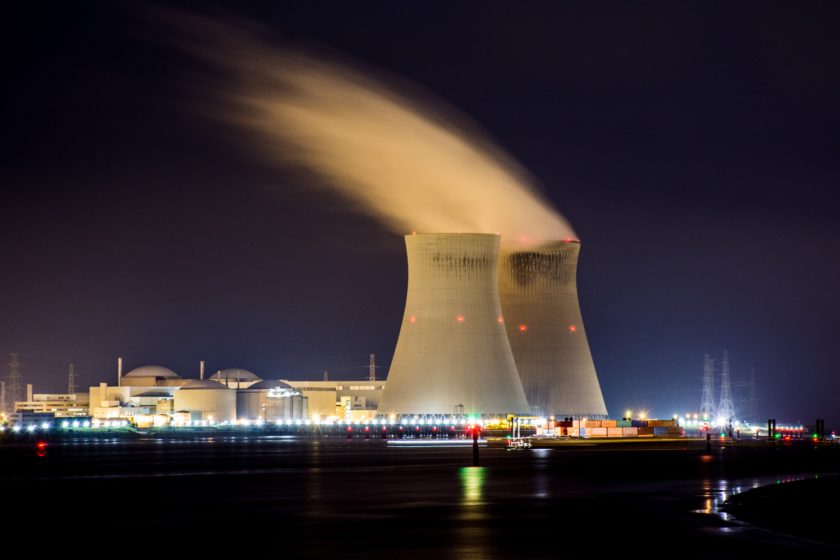With the election looming, the next government will play a crucial role in steering the country towards a sustainable future, says Hargreaves Lansdown, but how they will achieve net zero by 2050 is “hotly contested”.
The Conservative party has rowed back on some of its environmental commitments in recent months, emphasising that the net zero transition should not impact living standards. However, it plans to continue licensing oil and gas production in the North Sea to protect jobs and ensure energy security, retaining the windfall tax until 2028-29 unless prices normalise sooner. The party has also pledged to accelerate the transition to renewables by tripling offshore wind capacity, building a new carbon capture facility, expanding nuclear power and adding new gas power stations to support renewables.
They have also vowed to ensure the annual policy costs and levies on household energy bills are lower in each year of the next Parliament than they were in 2023.
Labour has chosen to take a different approach, with its intention to create Great British Energy, a publicly-owned clean power company, with the goal of fully decarbonising the electricity grid by 2030. The new company will be funded by increasing the windfall tax on oil and gas companies and removing loopholes that allow oil and gas companies to lower their windfall tax bill.
In addition, Labour said it will implement severe fines for water companies that pollute rivers and introduce new regulatory powers to block bonuses until issues are addressed. Other pledges include reinstating the 2030 ban on new petrol and diesel vehicle sales and supporting a carbon border adjustment mechanism to help protect British industries during the transition to net zero.
Finally, it has pledged to mandate UK-regulated financial institutions such as banks, asset managers, pension funds and insurers, as well as FTSE 100 companies, to develop and implement credible transition plans that align with the 1.5 C goal of the Paris Agreement.
Dominic Rowles, lead ESG analyst at Hargreaves Lansdown, said: “As the planet nears critical climate and nature-related tipping points, the next government will play a crucial role in steering us towards a sustainable future. Getting to net zero by 2050 is an objective shared by both major parties but while they agree on the destination, the way we get there is hotly contested.”
While only one of two parties are likely to form the next government, smaller parties could play a crucial role if no party secures a majority. Their approaches vary considerably, with Reform UK vowing to scrap the UK’s net zero target altogether and advocating for ending renewable energy subsidies and fast-tracking North Sea gas and oil licenses. In contrast, the Green Party wants to reach net zero at least a decade earlier than the current 2050 target and generate 70% of electricity from wind by 2030, as well as cancel oil and gas drilling licenses and invest £40 billion annually in the green economy.































